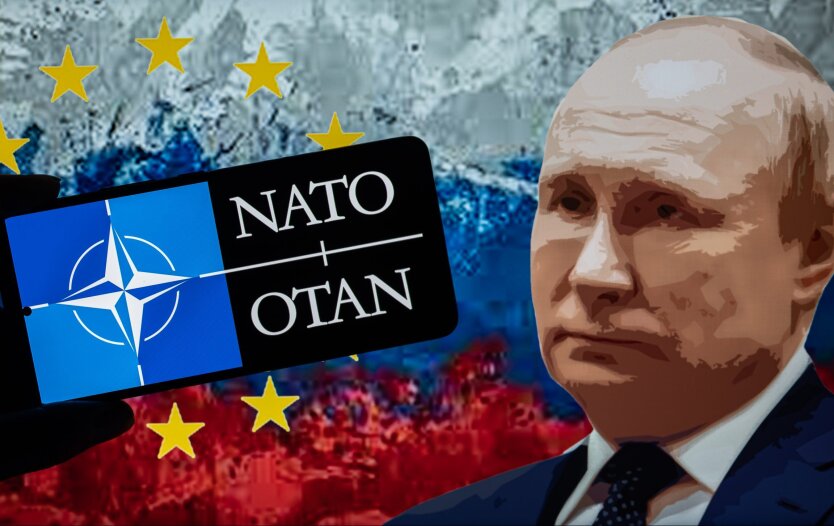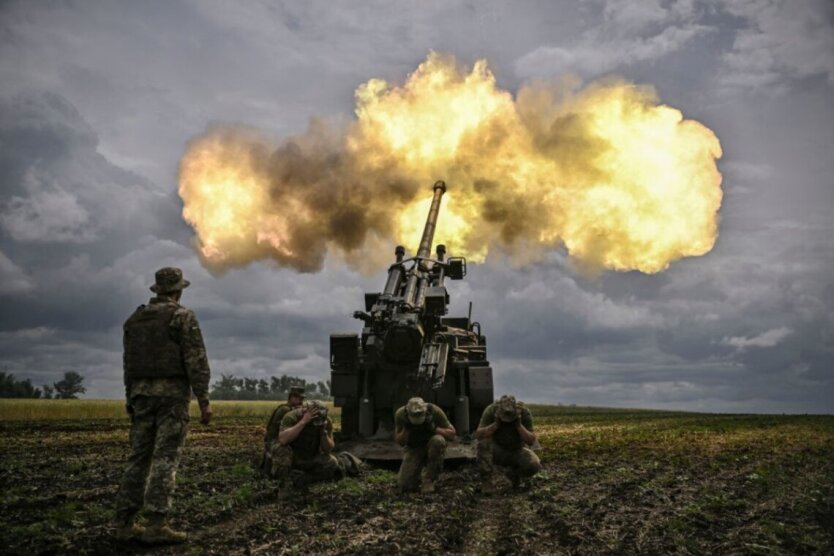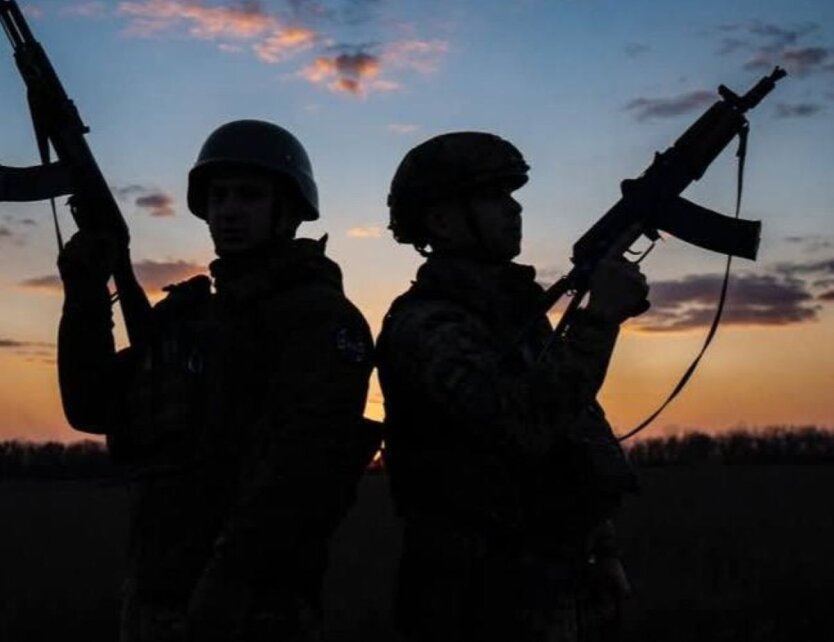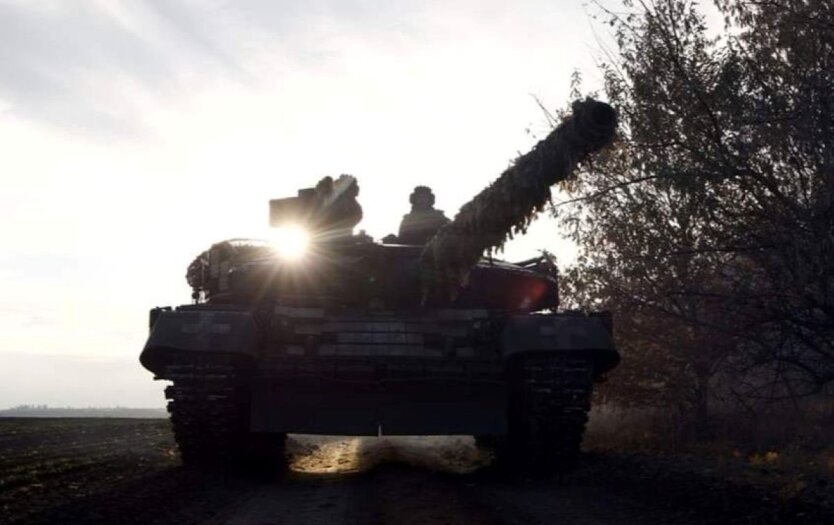Ukraine's Energy Dilemma: Between Transit Revenue and Security Risks - Media.

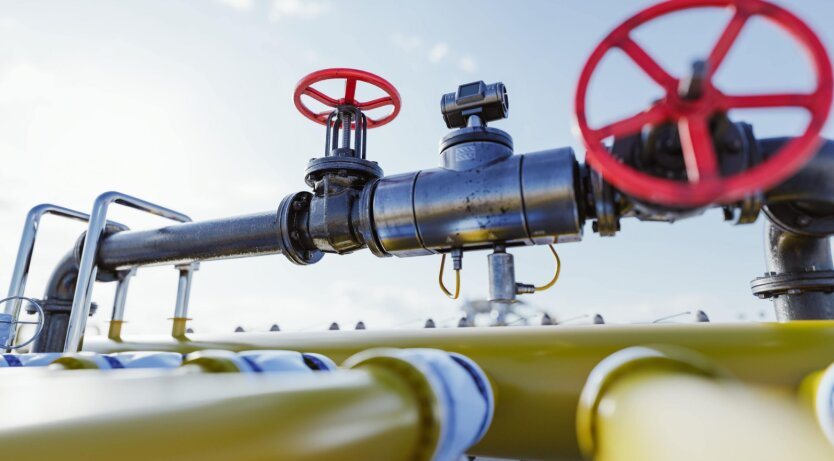
The issue of the transit of Russian gas through Ukraine to the European Union remains one of the most contentious aspects in the complex relations between Ukraine, Russia, and the EU.
A recent publication by the Financial Times drew attention to the potential risks associated with the possible cessation of this transit.
The publication notes that among the risks for Ukraine are the loss of transit revenue, potential threats to its own gas supply, and the possibility of Russian attacks on gas infrastructure.
Mario Holzner, director of the Vienna Institute for International Economic Studies, notes: "The decision to stop transit is risky for Kyiv, as in addition to losing transit fees, closing the pipeline may even threaten Ukraine's own gas supply if its pipeline infrastructure becomes a target for Russian attacks."
In addition, the stoppage of Russian gas transit will affect EU countries, the publication writes. In particular, additional issues will arise for landlocked Central European countries. The specific dependence of Austria, Hungary, and Slovakia on Russian gas is highlighted.
Holzner adds: "Europe will start the winter with nearly full gas storage, but Ukraine's shutdown will clearly create additional problems for Central European countries, which are landlocked."
Slovakia is one of the European countries attempting to secure alternative supplies from Azerbaijan, even if some analysts warn that Baku might then resell Russian gas masked as its own.
Vladimir Shimonak, Slovakia's Deputy Minister of Economy, comments on this situation: "They (Ukrainians) do not want their enemies to make money. ...But they also earn from transporting gas and using gas from Russia. So this is a strange thing: you have two countries at war conducting significant business with each other."
Ukraine finds itself in a difficult position. On one side, continuing the transit of Russian gas provides the country with an important source of income and supports the operation of its gas transmission system. On the other, it runs counter to Ukraine's strategic goals of reducing economic dependence on Russia and undermining its financial capability to wage war.
For the EU, the situation is also ambiguous. While most member countries have significantly reduced Russian gas imports, some Central European states still heavily rely on it. The shutdown of transit through Ukraine could create serious challenges for these countries' energy security, particularly during the winter.
EU countries are actively seeking alternative sources of gas supply. Azerbaijan is considered one potential supplier, although there are concerns about the possibility of Russian gas being resold as Azerbaijani.
Ukraine will have to weigh the risks and benefits of continuing transit, considering both economic and strategic factors. The EU, in turn, must continue diversifying energy supply sources while supporting its members' energy security.
Long-term Prospects
In the long term, the key factor will be the ability of European countries to reduce their dependency on fossil fuels and transition to more sustainable energy sources. This will not only address the dependency on Russian gas but also contribute to achieving the EU's climate goals.
Read also
- NATO prepares for Russia's invasion after the war in Ukraine: the whole problem is Trump
- Front line as of July 1, 2025. Summary of the General Staff
- Zelensky and the General Staff confirmed the death of Colonel Zakharevich
- Foreign Affairs: Ukraine can achieve a 'Korean scenario' in the war with Russia
- Storming the Enemy: Russians Forced to Attack Sumy Region 'On Their Own Two Feet'
- Unstable Frontline: How Battles Are Ongoing in the Zaporizhia Direction

